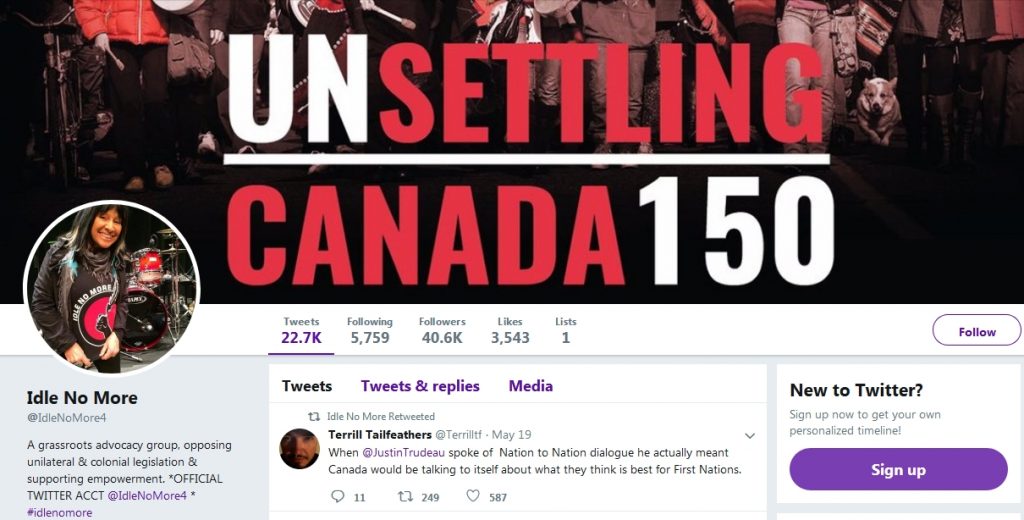Budka, P. (2018). [Review of the book Digital environments: Ethnographic perspectives across global online and offline spaces, by U. U. Frömming, S. Köhn, S. Fox & M. Terry]. Anthropos, 113(1), 303-304.
The edited volume “Digital Environments: Ethnographic Perspectives Across Global Online and Offline Spaces” is a collection of 16 essays by students and graduates of the M.A. Programme in Visual and Media Anthropology at the Free University Berlin. This is the first special feature of the book. The second is the anthropological and ethnographic perspective from which the individual texts discuss a diversity of digital technologies, platforms, services as well as related sociocultural phenomena, events and practices. As Sarah Pink in the book’s foreword notes, these texts and the underlying projects “focus on central issues of the discipline … through the prism of visual and media anthropology” (p. 10). Being not part of the anthropological mainstream, this visual and media anthropology perspective holds the potential of providing exiting new insights in digital culture and our increasingly digitalised societies. The digital ethnography perspective, on the other hand, focuses on “the ways in which technologies have become inseparable from other materialities and human activities” including ethnographic fieldwork, as Urte Undine Frömming, Steffen Köhn, Samantha Fox and Mike Terry note in the introduction chapter (p. 15).
Continue reading Review: Digital environments: Ethnographic perspectives across global online and offline spaces

